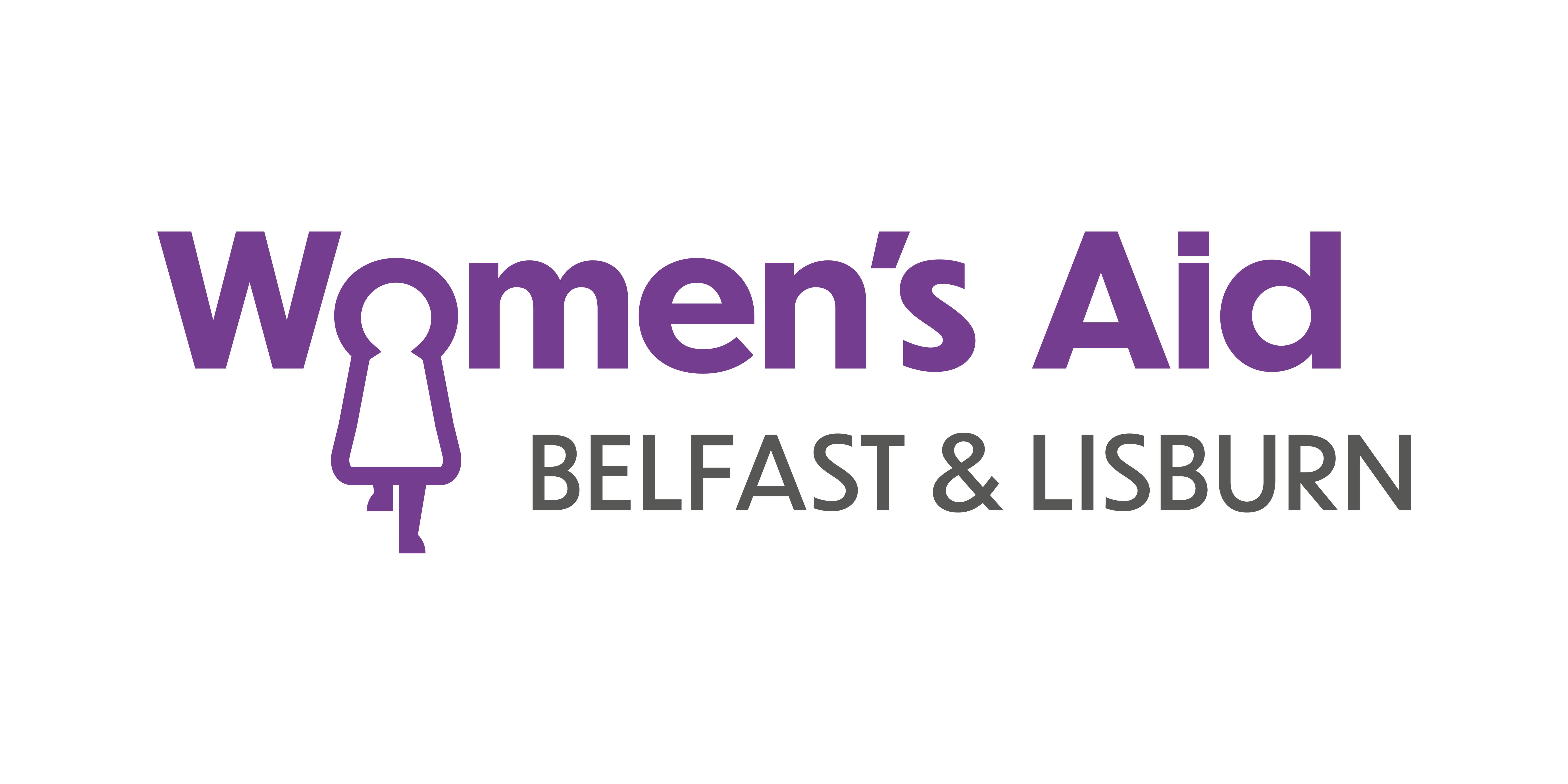Stalking is extremely likely to occur within the context of domestic violence and by a former partner. This is the experience of many of the women we support.
Stalking, underpinned by coercive and controlling behaviours, can often appear as routine and so-called ‘low -level’ acts, but carried out over time can deliberately instil anxiety, constant fear and terror over a prolonged period and with serious risks of escalation.
It is also well-established in research that stalking behaviour can lead to physical and /or sexual assault and can have a lasting and damaging effect on the mental health of the victim, during and long after the behaviour has ended.
Common stalking behaviours can include;
– Unwanted and persistent communication via text messages, phone calls, silent phone calls and social media contact
– Following victims or monitoring their movements
– Leaving ‘gifts’ for victims to remind them of their presence or a sinister meaning
– Contacting friends or family of the victim
– Contacting social security, Women’s Aid or other agencies pretending to be a social worker or other professional, to try and obtain information about the victim
Northern Ireland is currently the only region in the UK and Ireland without stalking legislation. A review is currently underway to strengthen the law in NI.
At Belfast & Lisburn Women’s Aid, we support women affected by domestic violence and stalking on a regular basis, through risk assessment, safety planning, and emotional and practical support. To find out more about our work, please call 02890 666049.
National Stalking Helpline 08080 802 0300. Always call 999 in an emergency or 101 for non-emergencies.

Show all posts
